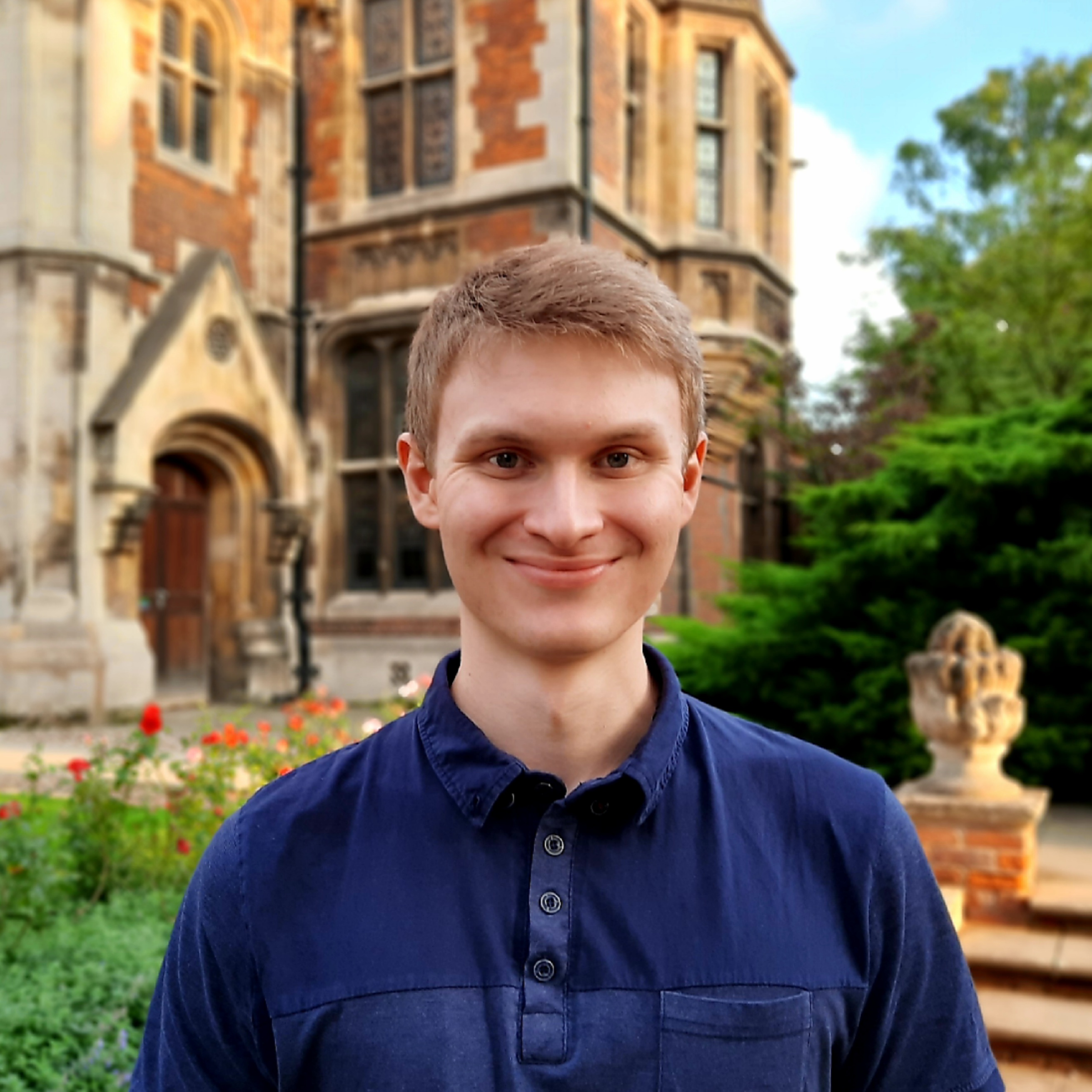D-CODE: Discovering Closed-form ODEs from Observed Trajectories
Published in ICLR, 2022
For centuries, scientists have manually designed closed-form ordinary differential equations (ODEs) to model dynamical systems. An automated tool to distill closedform ODEs from observed trajectories would accelerate the modeling process. Traditionally, symbolic regression is used to uncover a closed-form prediction function a= f (b) with label-feature pairs (ai, bi) as training examples. However, an ODE models the time derivative x (t) of a dynamical system, eg x (t)= f (x (t), t), and the “label” x (t) is usually not observed. The existing ways to bridge this gap only perform well for a narrow range of settings with low measurement noise and frequent sampling. In this work, we propose the Discovery of Closedform ODE framework (D-CODE), which advances symbolic regression beyond the paradigm of supervised learning. D-CODE uses a novel objective function based on the variational formulation of ODEs to bypass the unobserved time derivative. For formal justification, we prove that this objective is a valid proxy for the estimation error of the true (but unknown) ODE. In the experiments, D-CODE successfully discovered the governing equations of a diverse range of dynamical systems under challenging measurement settings with high noise and infrequent sampling.
Recommended citation: Qian, Z., Kacprzyk, K., & van der Schaar, M. (2022) D-CODE: Discovering Closed-form ODEs from Observed Trajectories. International Conference on Learning Representations.
